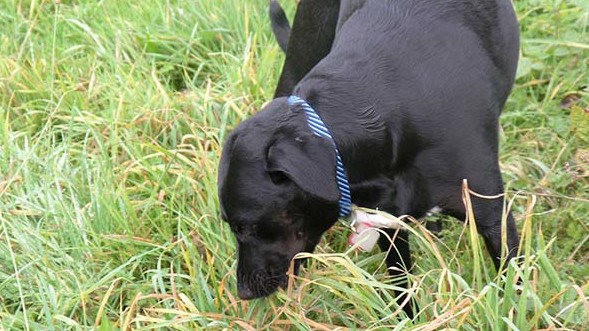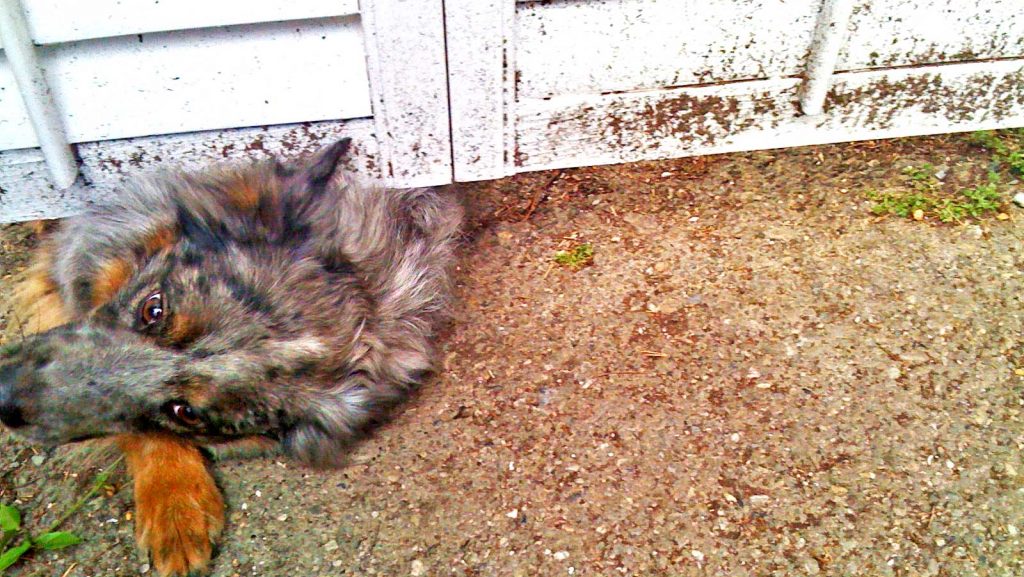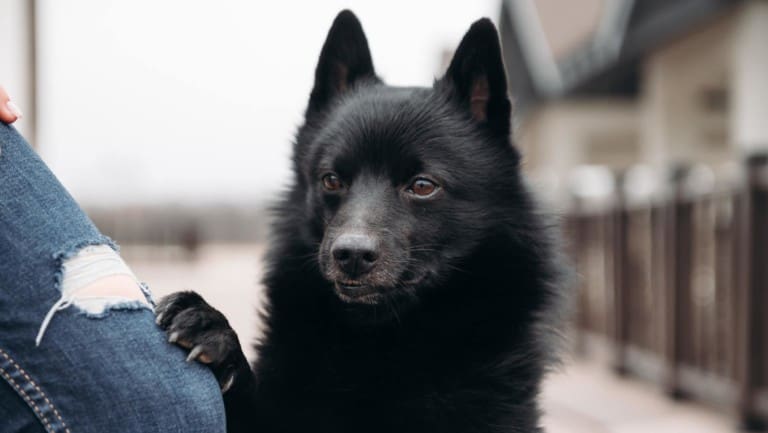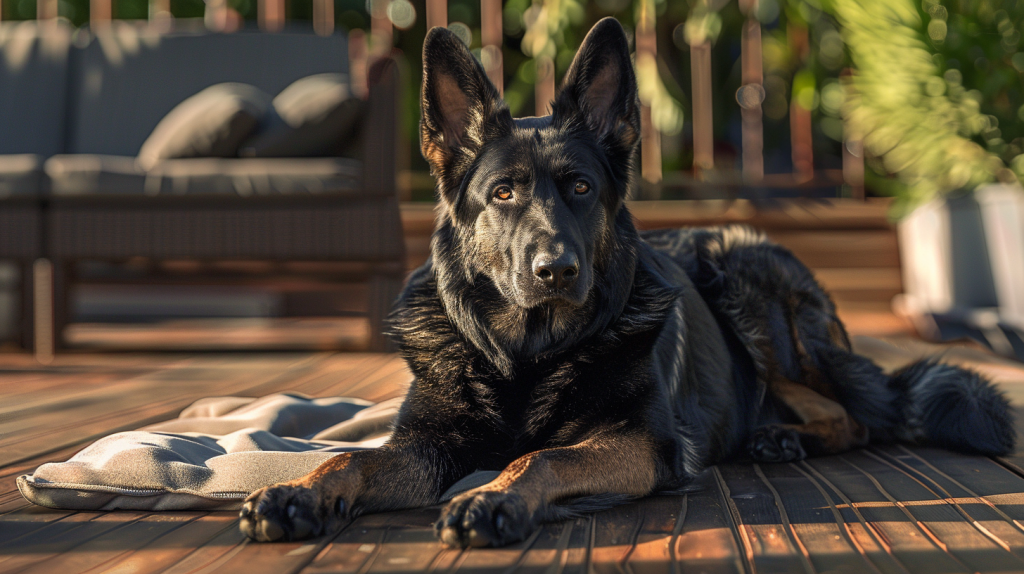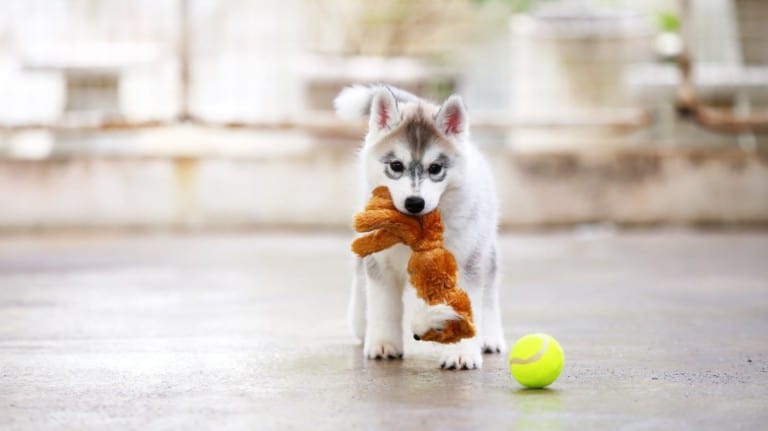By Dr. Jeannine Berger, SF SPCA Veterinarian & Behavior Specialist
If you’ve ever owned a dog, you’ve probably seen him eat grass and wondered why. A study in 2008 characterized factors that contribute to grass eating in dogs, and it found that nearly 80% of owners reported their dogs ate grass and 68% of them ate grass on a frequent (daily or weekly) basis. Furthermore, less than 10% of dogs appeared sick before eating grass and the vast majority of dogs who do eat grass tend not to vomit afterwards. Therefore, the old myth that “dogs eat grass to relieve an upset stomach” doesn’t quite appear to be true.
However, while grass eating appears to be a largely normal dog behavior, it can also be a consequence of other factors, including: being a displacement behavior, providing sensory stimulation, and it certainly can be a side effect or sign of gastrointestinal disease. For example, if your dog routinely mows the lawn during or after training, he might be showing a displacement behavior – or performing a behavior out of context, possibly due to emotional conflict or stress. Training for competition can be particularly stressful situations, and dogs sometimes eat more grass in these contexts. Other dogs collect sensory stimuli from grass-eating, which you might see if your dog licks grass and then suddenly chatters his teeth. He could be receiving pheromonal information through another dogs’ urine and chattering his teeth to maximize contact with his vomeronasal organ. Lastly, dogs with gastrointestinal upset or disease sometimes ingest non-edible or poorly-nutritive substances, like woody grasses. If you find that your dog’s energy or appetite have suddenly changed and it is paired with increase grass-eating, speak with your local veterinarian. But, remember, sometimes Fido just likes a green salad to go along with his daily walk!

